Are you eating the right kind of salt?
By Jessah Robinson
Before adding extra salt to your evening meal, it’s important to be aware of the kind of salt you are consuming. The table salt that is often found in the majority of cafes, restaurants and kitchens worldwide, is similar to the industrial chemical that is used to de-ice highways. This might make you second guess the use of regular table salt.
Although salt has been slammed for being a key factor in the development of heart disease, good quality salt is actually a key element in a healthy diet. “In 2011, a study published in The Journal of the American Medical Association (JAMA) found that the risk of heart disease and related deaths rises with modest salt reductions. (Yes, you read that correctly)”. This doesn’t mean that you should start adding extra salt to your meals, but should make you wary of using the right type of salts.
Table salt is so refined that it is actually more of a food additive than a food. It is stripped of essential minerals until it only contains sodium chloride. In other words, there are no nutrients left in the final product. To top things off, chemicals are added to the refined salt to stop it lumping inside the shaker. Furthermore, talc, a known carcinogen is one of the anti-caking agents used in salt. Below are some healthier salts to keep in mind:
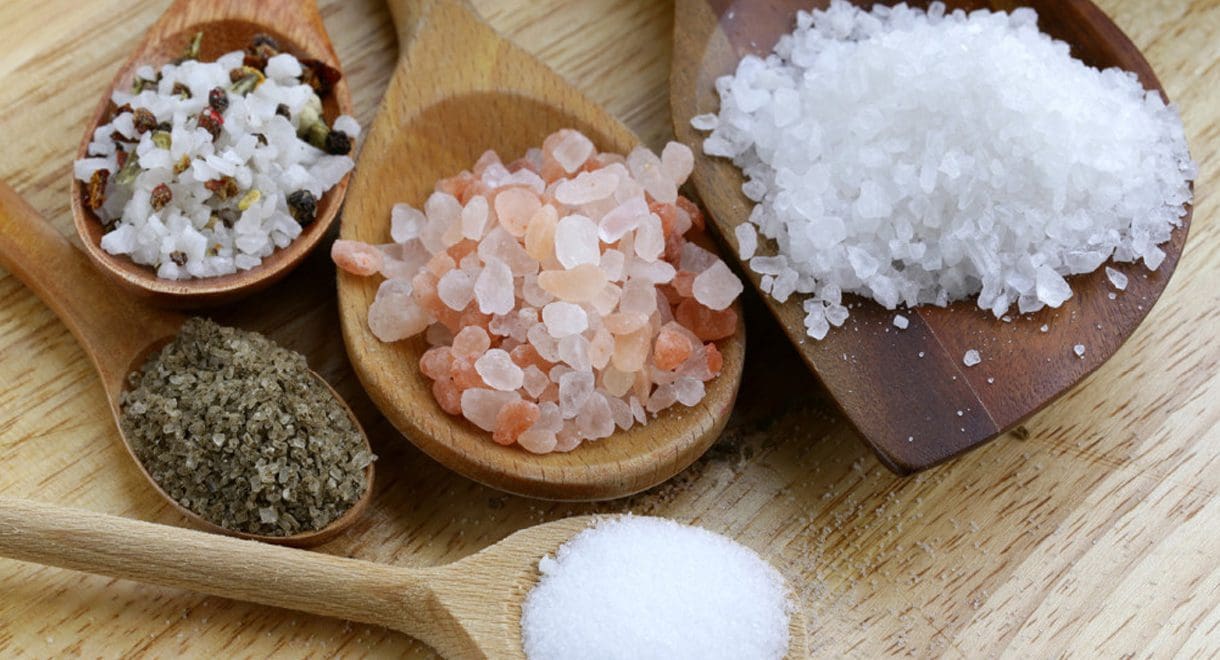
Iodised salt
This form of salt is a very rich source of iodine. It is produced by spraying salt crystals with an iodine solution while they are travelling along a conveyor belt. This salt contains between 25 and 65 micrograms of iodine per gram. This can be purchased from a regular supermarket.
Sea salt
Unlike table salt, purified (but unrefined) sea salt retains its essential minerals that we require for proper functioning of our thyroid, muscle, heart and pancreas. Essentially, unrefined sea salt is water from a sea or river that is then evaporated and purified. Rather than have a detrimental effect on blood pressure like table salt does, this type of salt provides healthy minerals to power the many metabolic reactions in our body.
Pink Himalayan Salt
This visually appealing pink salt is obtained from salt deposits near the Himalayas. Its pink colour comes from its iron content, but in total it contains over 80 trace minerals. This is more than any other type of salt. Because it’s from underground deposits, it’s less exposed to the many environmental toxins that are now present in our oceans and rivers.
Celtic or French Grey Sea Salt
Grey sea salt is sourced from Brittany, in coastal France, its colour comes from the clay that is found in the tidal pools where the salt is dried. Although it doesn’t contain as many minerals as the pink Himalayan salt, it does have the greatest amount of minerals, gram for gram, compared to any other salt, and is an especially good source of magnesium.
Red Alaea Hawaiian Salt
This sea salt is originally white but becomes a rich red colour after being dried in salt ponds that are lined with red volcanic clay. The red shade is from the iron oxide content, a digestible type of iron that’s naturally found in the clay. Overall, red Hawaiian salt contains up to 80 different trace minerals.
Cyprus or Hawaiian Black Lava Salt
This naturally occurring sea salt contains added activated charcoal which is responsible for its characteristic black colour. This type of salt contains less sodium per gram than Himalayan salt, this means you can use a larger amount without getting an overly salty taste. Activated charcoal takes up toxins and removes them from the body via the digestive tract. Although you won’t get a huge dose of activated charcoal from a small dash on your food, it still provides a bit of natural detoxification.
Kala Namak
This salt is frequently used to cook Indian foods, so if you have a soft spot for Indian cuisine you definitely would’ve had it. It contains sodium chloride like all salts, but also contains a mixture of other herbs. It has an array of wonderful spices which make it very dark in colour, but is different to Cyprus Lava salt as it is devoid of activated charcoal.
Unrefined sea salts
These can be purchased from many stores, such as health food shops or your local grocer. It is common for large grocery chains to stock them.
Cabot Health Ocean Super Food
This is an excellent source of all minerals including sodium chloride, calcium, magnesium and iodine. It has a nice salty flavour and is great added to soups or stews. Our product is pure Australian kelp that has been hand harvested from the pristine oceans of the NSW south coast. It can provide salt as well as other health enhancing minerals.


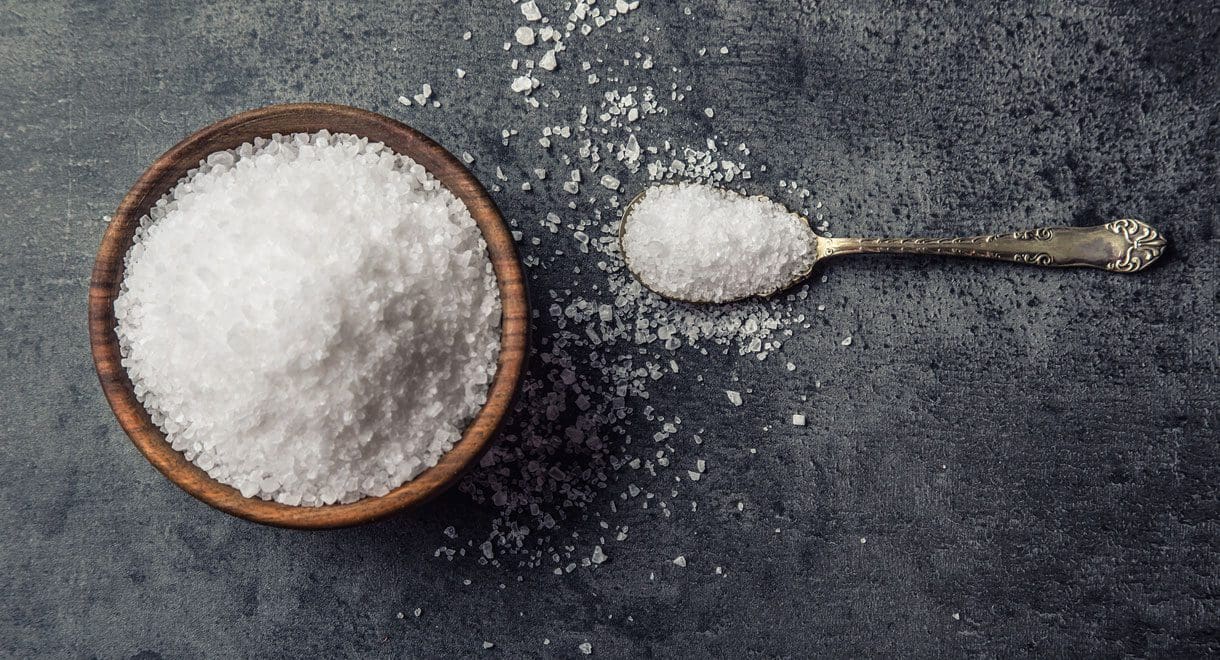
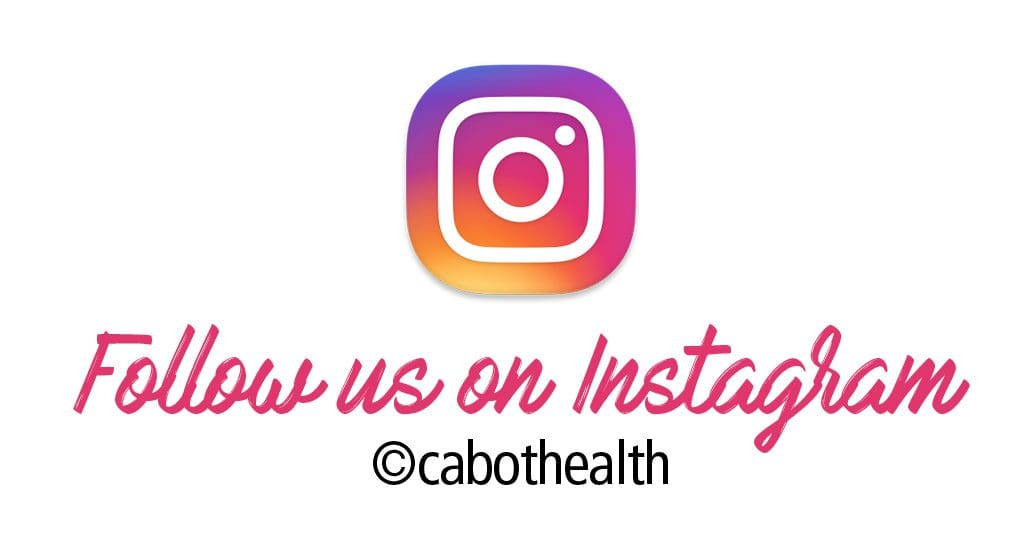




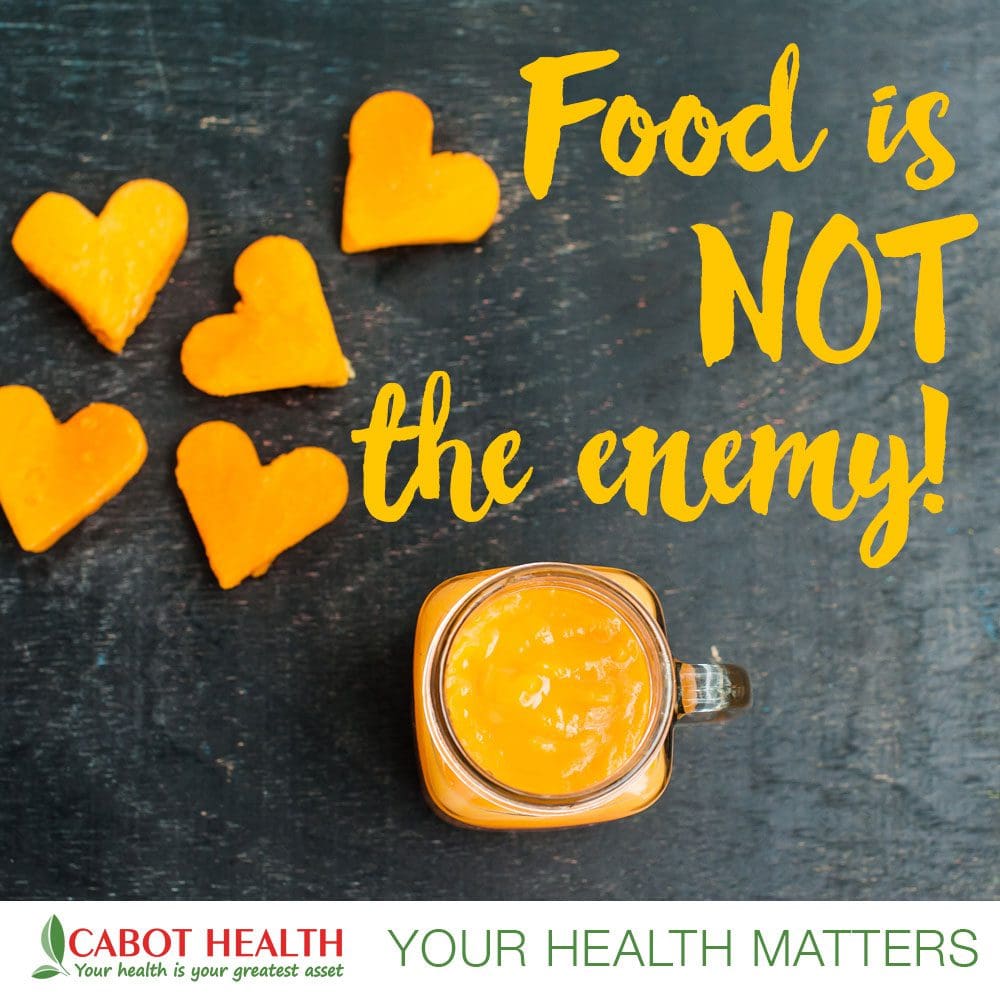



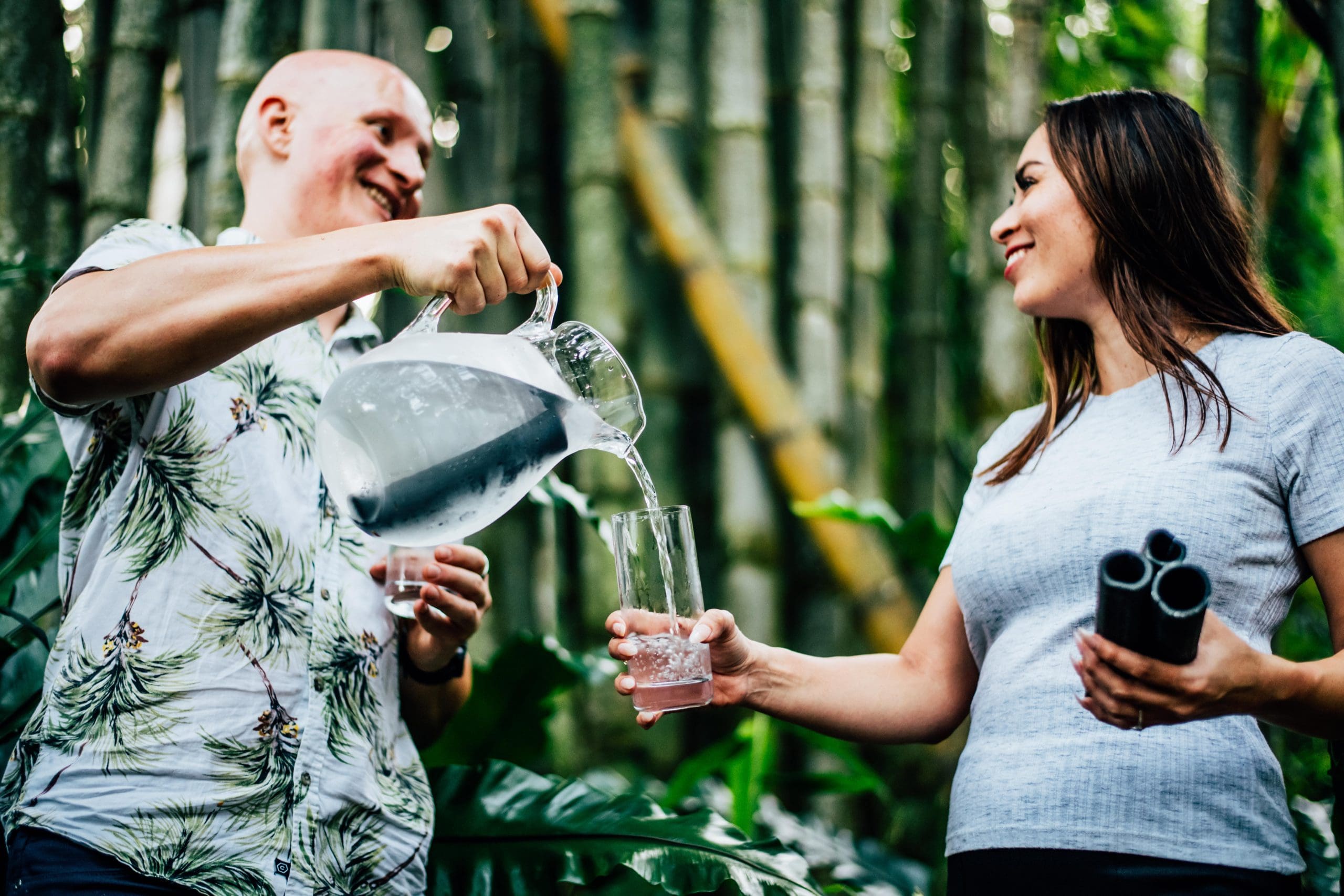
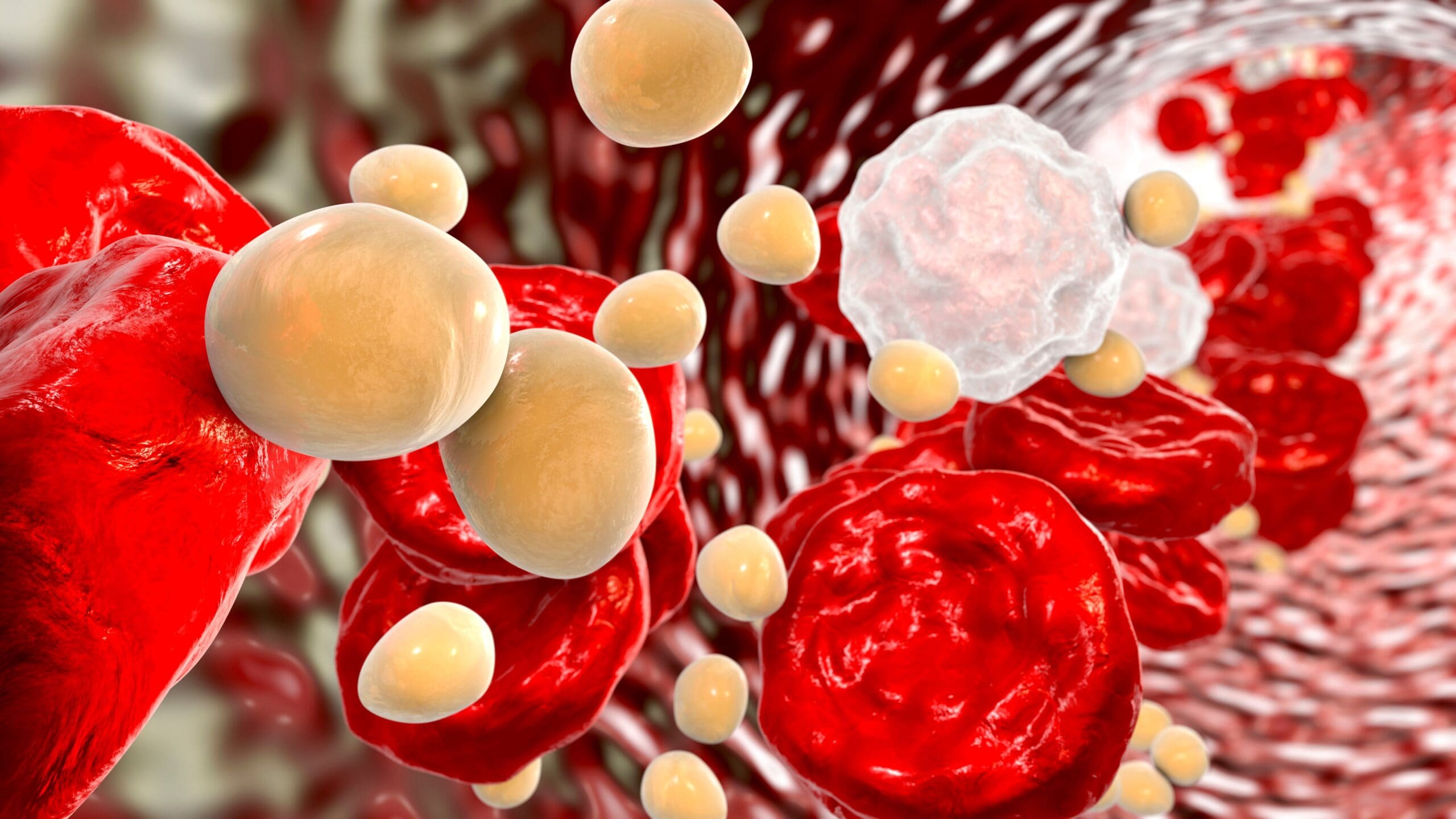
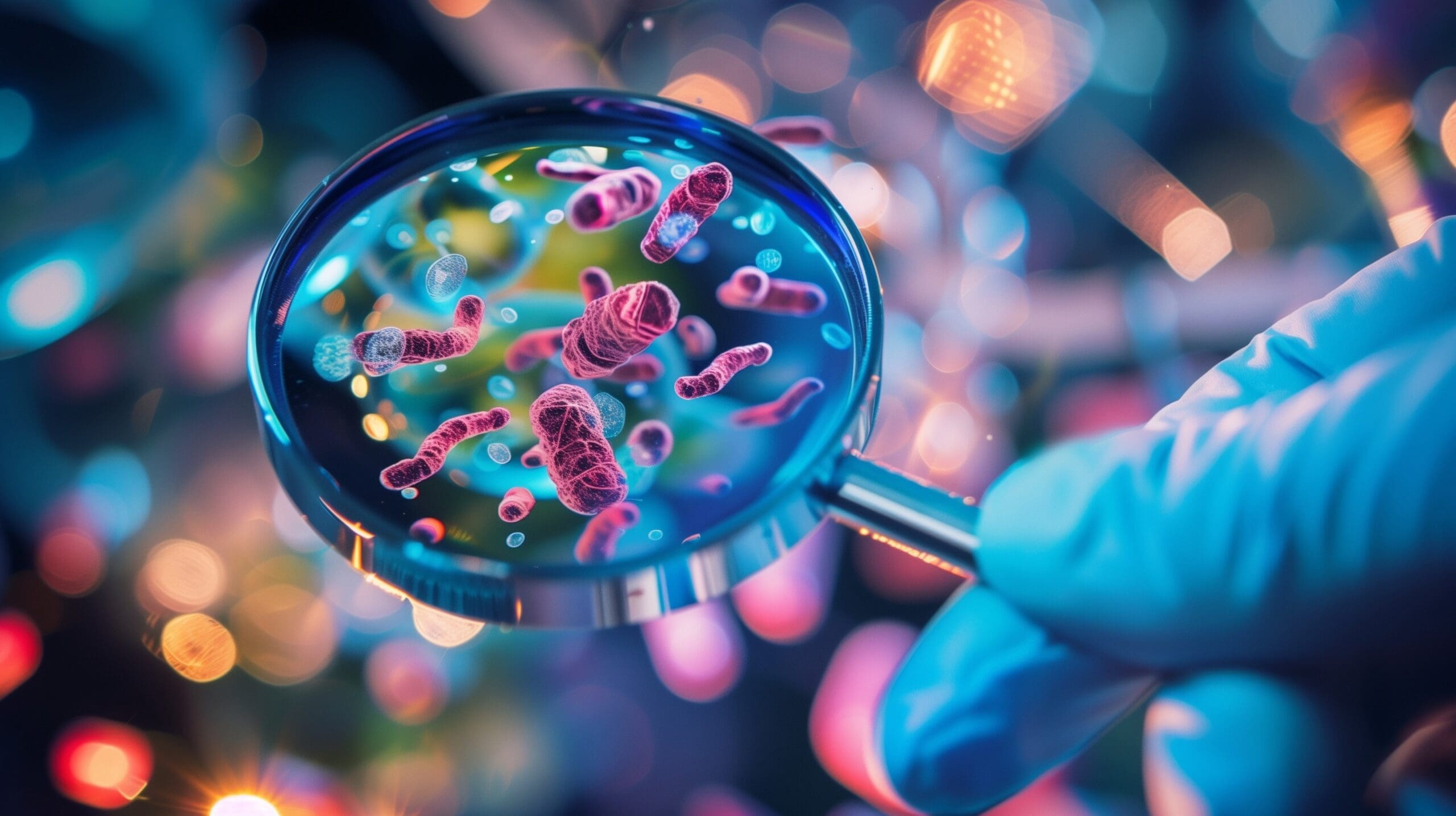

Leave A Comment